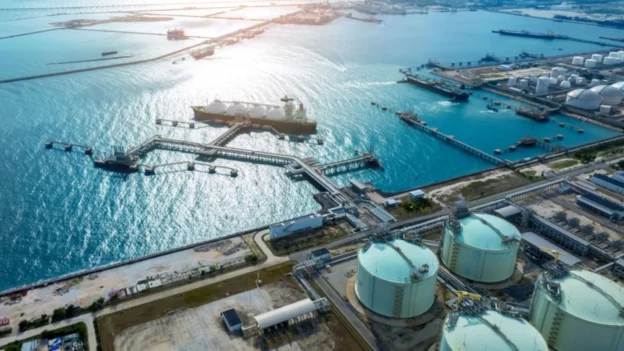Singapore is positioning itself as a leader in building skills related to the use of alternative marine fuels through its Maritime Energy Training Facility (METF). As the maritime industry moves towards decarbonization, the METF emerges as a key solution to prepare seafarers in the efficient management of vessels powered by sustainable fuels.
Singapore gets ahead in its workforce
The Ministry of Maritime and Port of Singapore, together with the Maritime Authority of Singapore (MPA), highlights that, given the high frequency of crew changes carried out daily in the country, Singapore offers an optimal setting to centralize international training. This allows shipowners and ship operators to optimize both the time and costs associated with training their personnel, taking advantage of the state-of-the-art facilities offered by the METF.
The transition to alternative marine fuels faces the significant challenge of closing the knowledge gap in the workforce. This challenge persists despite the projected increase in demand and use of these fuels, driven by the International Maritime Organization’s goal of achieving net zero greenhouse gas emissions by 2050 . In this context, the industry recognizes the urgency of strengthening the skills of its workers and properly integrating the entire value chain in this evolutionary process.
What is the main focus?
One of the main focuses of the METF is to ensure the safe handling, supply and management of alternative fuels, such as methanol and ammonia. To this end, a new dual-fuel engine simulator has been implemented for practical training.
Furthermore, the METF in collaboration with the Singapore Maritime Academy, includes in its curriculum specialized training in extinguishing fires with methanol and in the implementation of safety protocols during critical operations, such as the first biomethanol supply between ships, carried out on July 27 of the previous year.
Projecting into the 2030s and gradually expanding its facilities through 2026, the METF expects to train approximately 10,000 seafarers and other maritime professionals . This curriculum, which will begin to be implemented gradually starting this year, marks a significant step towards the modernization and specialization of the maritime workforce in skills that will be crucial for the future of the sector.
Follow us on social networks and don’t miss any of our publications!
Inspenet.com YouTube LinkedIn Facebook Instagram X
Source: Argus
Photo: Shutterstock

